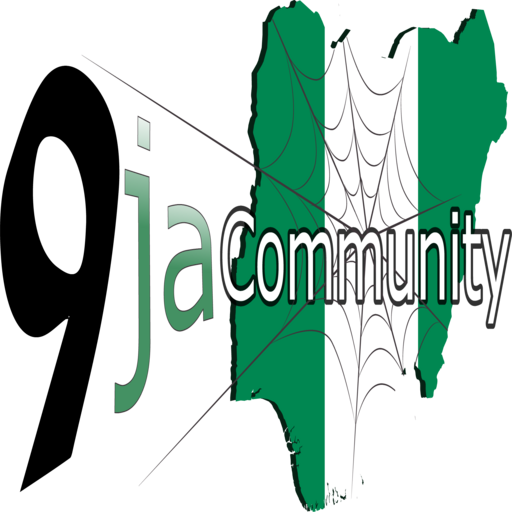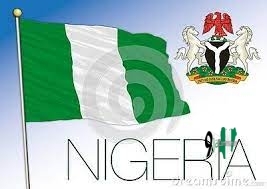Nigeria is a country located in West Africa, bordered by Benin, Chad, Cameroon, and Niger. With a population of over 200 million, it is the most populous country in Africa and the seventh-most populous country in the world.
The history of Nigeria is rich and diverse, with evidence of human habitation dating back to at least 900 BC. The country has a vast array of ethnic groups and cultures, with over 250 different ethnic groups, each with its own unique language and customs.
Colonialism played a significant role in shaping the modern-day Nigeria we know today. The British established a protectorate over what is now known as Nigeria in the late 180s, which lasted until Nigeria gained independence in 196. This period of British rule had a profound impact on Nigerian society and politics, shaping the country's administrative structures, legal systems, and political institutions.
Nigeria is a country rich in natural resources, including oil, natural gas, coal, iron ore, tin, limestone, lead, and zinc. The country is the largest oil producer in Africa and the 11th largest in the world. However, despite its abundant resources, Nigeria remains an underdeveloped country with high poverty rates and economic inequality.
The country's polities are divided into 36 states and one federal capital territory, each with their own government and administration. Nigeria is also home to a diverse range of religions, with Christianity and Islam being the dominant beliefs. Traditional African religions are also practiced in some parts of the country.
Commerce is an essential part of Nigerian culture, with many markets and trade centers throughout the country. Agriculture is also a significant contributor to the Nigerian economy, with crops such as cocoa, cassava, yams, and palm oil being major exports.
The lifestyle of Nigerians varies depending on factors such as ethnicity, religion, and socioeconomic status. However, family and community are central to Nigerian culture, with strong social bonds and extended family networks being valued above individualism.
In conclusion, Nigeria is a country steeped in rich history and diverse cultures, shaped by colonialism, natural resources, polities, religion, commerce, and lifestyle. Understanding these factors is essential to understanding the complexities of modern-day Nigeria and its people.
0 Comments
0 Shares
2K Views



